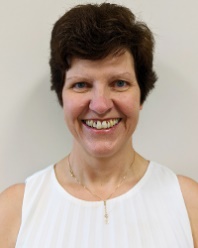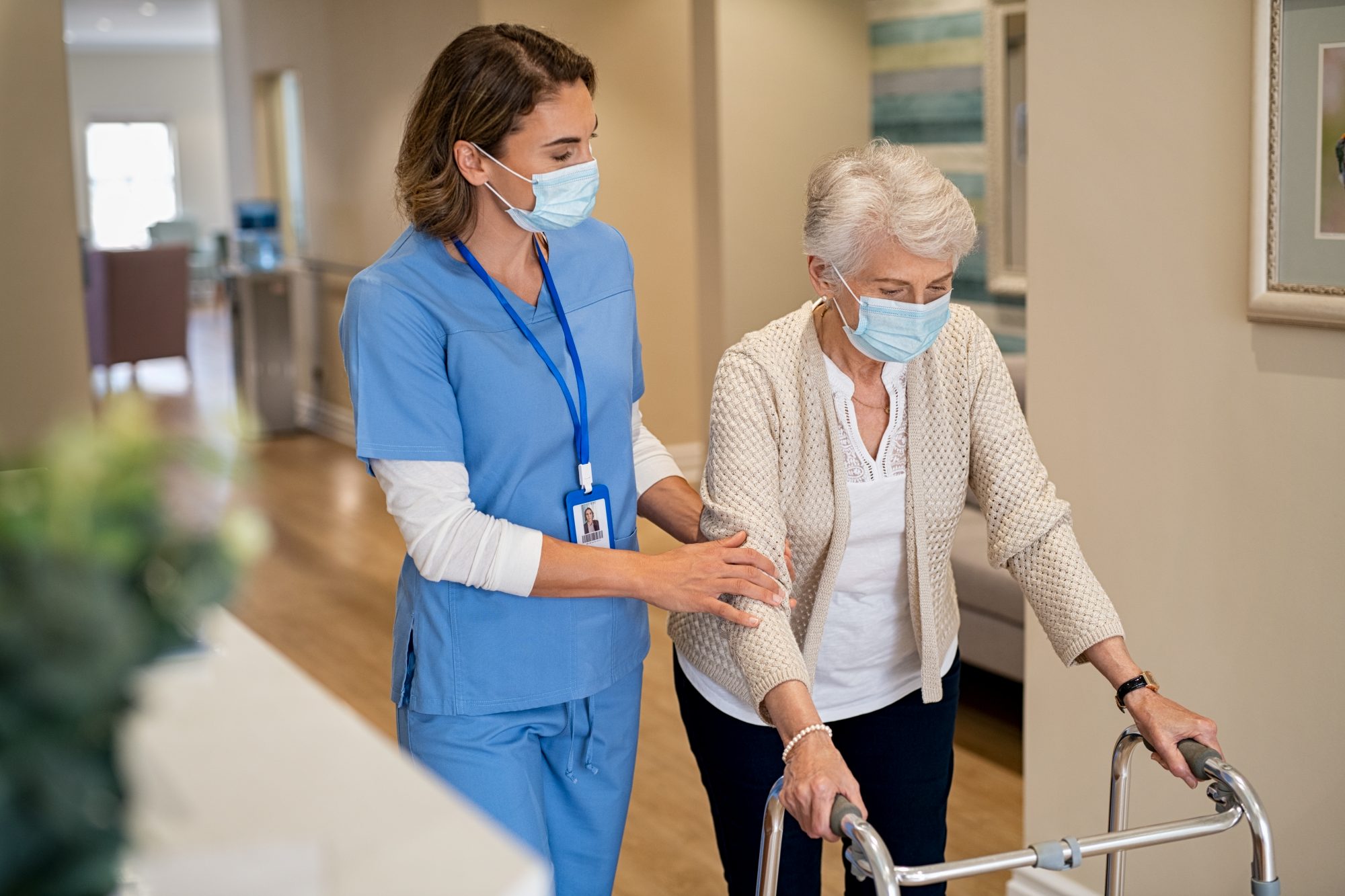There are now an estimated 1.4 million people in the UK experiencing more than 12 weeks of symptoms after infection with SARS-CoV-2 (COVID), also known as long COVID syndrome
Of those suffering with long covid syndrome, 826,000 have had symptoms for at least one year and 376,000 for at least two years. At this scale, long COVID presents challenges not only to individuals but also to healthcare systems in the UK and many other countries which have been significantly affected during the pandemic. Global solutions are needed, but we also need to take account of local resources, infrastructure and issues.
Long covid syndrome trial

Amitava Banerjee, Professor of Clinical Data Science and Consultant Cardiologist at University College London is leading the STIMULATE-ICP team as Chief Investigator, with researchers, health professionals, patients and industry partners from over 30 organisations in the largest clinical study of long COVID syndrome to date. “Long COVID in the community, in people who have not been hospitalised, needs a coordinated response across research and clinical practice, and across the patient pathway. Otherwise, we will be too late in tackling what is likely to be the largest impact of the pandemic in the long run,” said Banerjee.
The trial of investigation, treatment and rehabilitation strategies has been affected by multiple delays but is due to start this month in 6 sites around England (Hull, Derby, Leicester, Liverpool, Exeter and London). The non-trial parts of the study are underway and are already showing variations in care models and provision for long COVID around the country. There are already emerging data within our consortium and networks about mechanisms (e.g. increased tendency for clotting in some individuals), the longer term effects of COVID in different organs (e.g. whether in the heart or across organs), the impact of rehabilitation (e.g. Living with COVID Recovery) and the long term impact on healthcare utilisation, all pointing to the importance of timely recognition and action against this major threat to public health and health systems.
Long covid syndrome in the community

Dr Mark Gabbay is a GP in Liverpool and Professor of General Practice at the University of Liverpool and Director of the NIHR Applied Research Collaboration North West Coast. He is STIMULATE-ICP work package 3 lead- focusing on equity and the transferability of the long-covid approach to other long-term conditions.
Liverpool city region faces many health challenges with significantly high proportions of the population living in areas of higher deprivation. Consequently, research and services to seek ways to decrease health inequalities remains a very high priority across the region. We developed the Health Inequalities Assessment Toolkit for researchers (www.hiat.org.uk) now embedded in the Forequity.uk website, a resource for researchers seeking to integrate equity in their work. Hence our work in STIMULATE-ICP includes, within work package 3, a programme exploring variabilities in access to diagnosis and treatment for long COVID, linked to a variety of protected characteristics such as socio-economic inequities, migration, ethnicity, language and rural location. We are also identifying elements of the long COVID management approach within STIMULATE-ICP that could usefully improve care pathways and experiences for other long-term conditions, including a series of linked Delphi surveys. Across all these elements, co-production with Public Advisors and professionals lies at the heart of our work.
Rehabilitation of individuals with the disease

Angela Green is a physiotherapist at Hull University Teaching Hospitals NHS Trust and is informing all rehabilitation aspects of STIMULATE-ICP.
Even before the pandemic, Hull represents one of the more deprived and under-resourced parts of the UK in terms of health outcomes and services respectively. During the pandemic, the high rates of infection, backlogs in care and staff shortages (compounded by Brexit and other factors) have meant that conducting clinical research is even more challenging now. However, the STIMULATE-ICP is showing that it is possible and important to do research in all contexts so that the findings are applicable to all settings and all people.
Long COVID is a new disease which we are still defining. We are not yet sure of the trajectories of individuals or subgroups and cannot give people recovery rates in a personalised manner. Rehabilitation has been an important part of the management of long COVID since it was first recognised, but we still need to understand how it helps and who it helps.
In the trial aspect of STIMULATE-ICP, we are looking at a digitally enhanced rehabilitation platform, Living with COVID Recovery, to see if and how it helps improve fatigue and other outcomes in people with long COVID syndrome. By studying rehabilitation as part of integrated patient pathways, we hope to inform how rehabilitation is offered and delivered across long-term conditions
Clinical support

Gail Allsopp is co-investigator on STIMULATE- ICP, providing clinical support for one of the work packages (3b), relating to inequalities in care and how long COVID compares with other long-term conditions. Her work within the study aims to determine if the health and care system could use best practice seen within Post COVID clinics and apply it to long-term conditions such as diabetes, respiratory and neurological disorders amongst others that may benefit from a holistic, whole-person approach to care.
She helped to shape and influence the first community based, post-COVID clinic in Derbyshire where GPs, supported by physiotherapists, undertake biopsychosocial, holistic assessments for patients of all ages, including children, linking in very closely with the persons own GP and hospital specialists when needed, creating an integrated service for those who need it.
STIMULATE-ICP will enable us to compare community-based and hospital-based services for long COVID, which is crucial to enable us to understand the health benefits, but also preferences from users themselves. We hope then, to be able to describe how truly integrated care could be provided for all people with long term conditions, benefitting more than those with long COVID.
Please note: This is a commercial profile.
© 2019. This work is licensed under CC-BY-NC-ND.
More About Stakeholder
-
Professor Amitava Banerjee – The Institute of Health Informatics
Using health informatics to conduct high quality research that leverages big data, health and bioinformatics approaches to improve health Amitava Banerjee is Professor of Clinical Data Science, University College London, and Consultant Cardiologist at University College London Hospitals and Barts Health NHS Trusts. He is a researcher, educator and clinician with interests spanning data science, […]
Editor's Recommended Articles
-
Must Read >> 30% of Long COVID patients had no existing illnesses


















